On 31st May 2020, in the midst of the Covid-19 pandemic, CFGN had its first online gathering, where members came together to reflect and share strategies and learnings emerging from our work across various growing spaces around London. This was structured as a “show and tell”, where we each shared two items that represented an adaptation, invention or strategy for us personally and/or for the projects we are part of.
We all had very different experiences during the pandemic with some of our projects going into overdrive, leaving some of us with very little time to reflect or develop strategies, whilst others were able to move slower, deepening practices and connections. Being part of a varied network like this felt like an important piece in the puzzle: building collective resilience through making links and connections between our different experiences and needs.
Read on to find out some of the things that CFGN members reached for during these challenging times.
Member: Hari
Projects: Growing Communities & Forest Farm Peace Garden
Items: Repurposed red mesh produce bag & compost thermometer
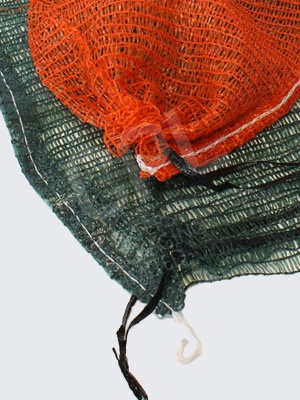
These bags were originally used for transporting vegetables from farms to Growing Communities (GC) veg bag scheme in Stoke Newington. Once the vegetables had been weighed and re-packed, the bags were generally discarded.
Instead of throwing them away, we collected them up and sent them to Forest Farm Peace Garden (FFPG), who had started to deliver fortnightly care packages to its members during the lock down. This signified a mutual adaptation for FFPG and GC. As GC was expanding its operations to meet increased demand for local organic veg during the pandemic, it was finding new ways to connect with local mutual aid organising, and share its surpluses in different ways. An item that would have been considered a waste product, had quite a lot of value to volunteers at FFPG, who coveted the bags and their contents at a time when they could not be together in the garden that they loved. FFPG quickly had to shift away from offering therapeutic gardening sessions and instead find ways to bring the benefits of the garden to people at home. These simple mesh bags were an important vehicle (along with bikes, trailers and cars) to connect us during the pandemic, sharing nourishment, zines, teas, recipes and medicines.
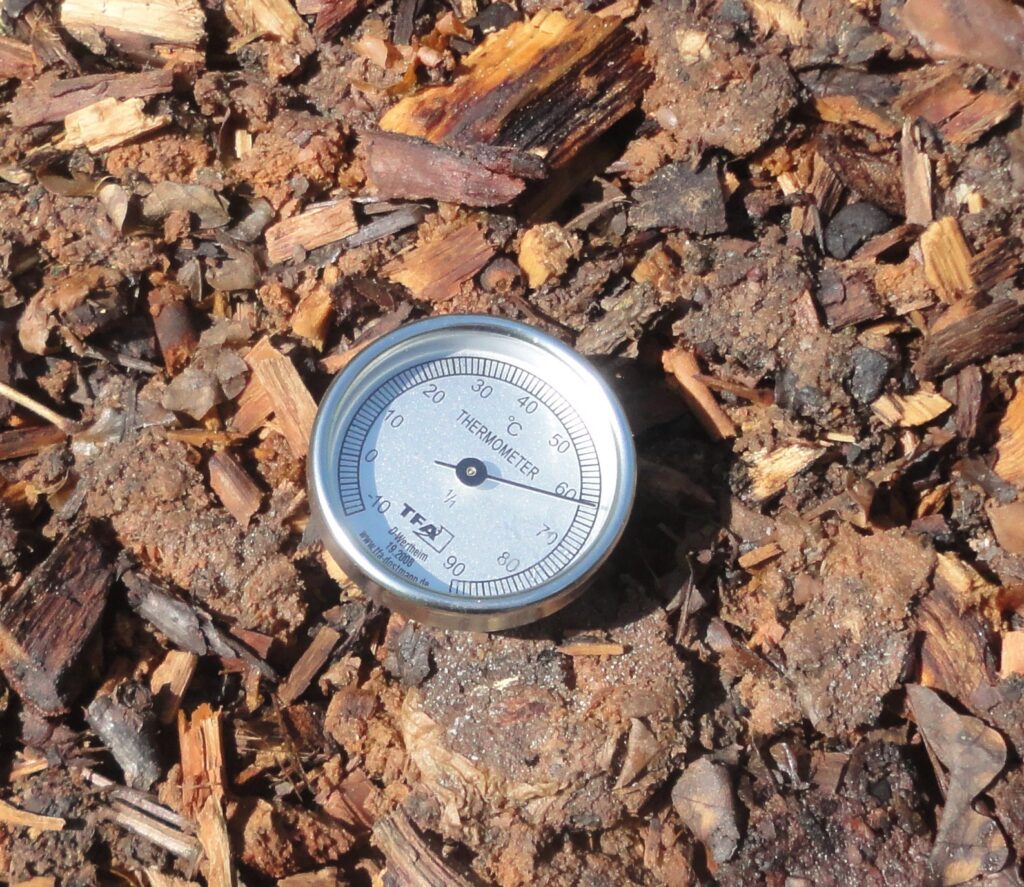
I started experimenting with making thermal compost with a friend who was collecting food waste from different community kitchens making and delivering hot meals.
My friend has been collecting around 5 bin bags of kitchen scraps each day and composting them at a patchwork salad growing site in Hackney. With such large volumes of material, this was a perfect opportunity for making hot compost. We each got a compost thermometer which is an essential tool for monitoring the temperature of the piles and knowing when to turn them. Making compost in this way has been resourcing me lots, and has also meant I could connect with my friend – there will soon be lots of compost available in Hackney for anyone who is around there.
Member: Leslie
Project: Granville Community Kitchen
Items: List of names and addresses from community members/ toy dog
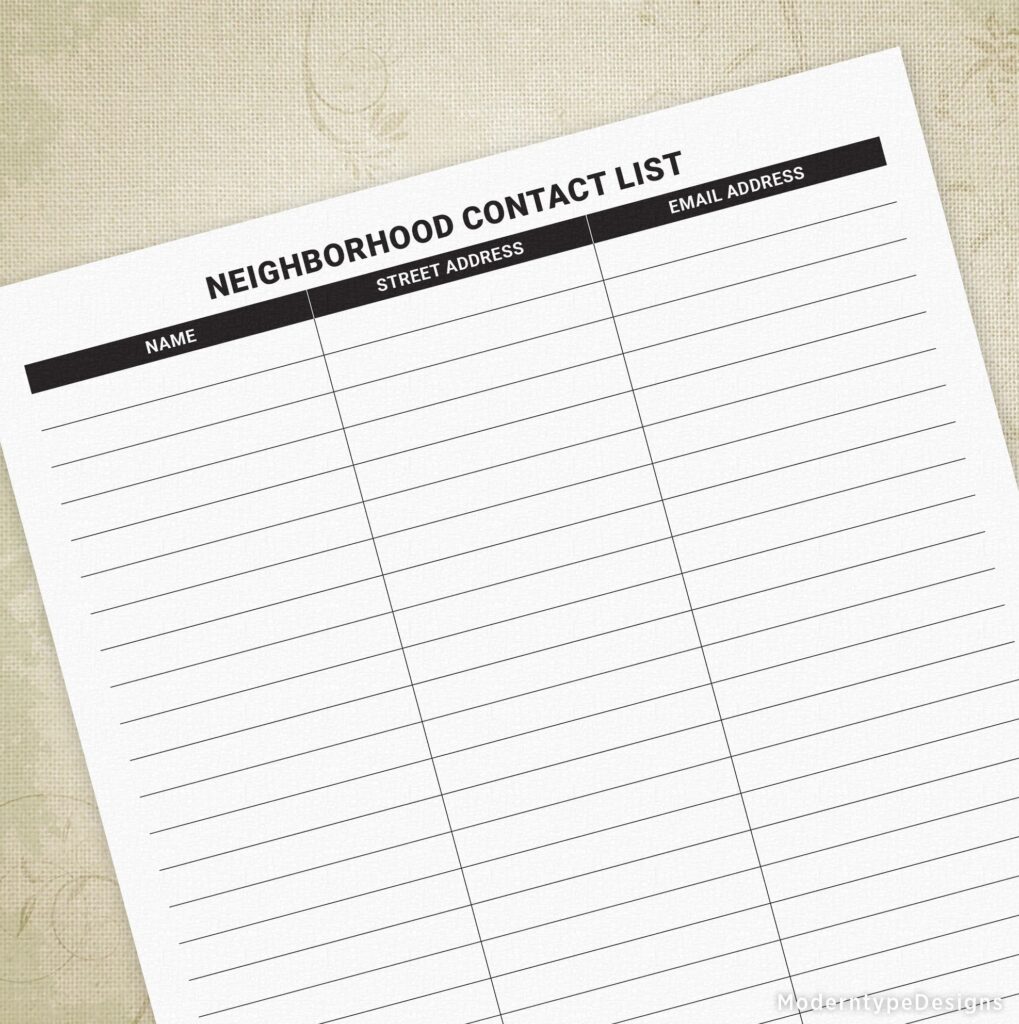
We have been running a weekly community meal over the last 5 years, feeding about 70-100 people. People come for a range of reasons; to meet friends, because they needed a meal or because they were lonely.
It brings people together in a community of different ages, ethnicities and all sorts of different human qualities – it’s one of the things we are proudest of.
In March, when the pandemic hit, the meals turned to deliveries, as people couldn’t come out.
About 140 names and addresses were collected in a delivery list, and we have gone from feeding about 85 people to over 500 people!
There are no bosses, we are in charge of ourselves, with many wonderful volunteers delivering food around the local area. It’s tiring but also really rewarding, and we have been meeting a lot of interesting and wonderful people.
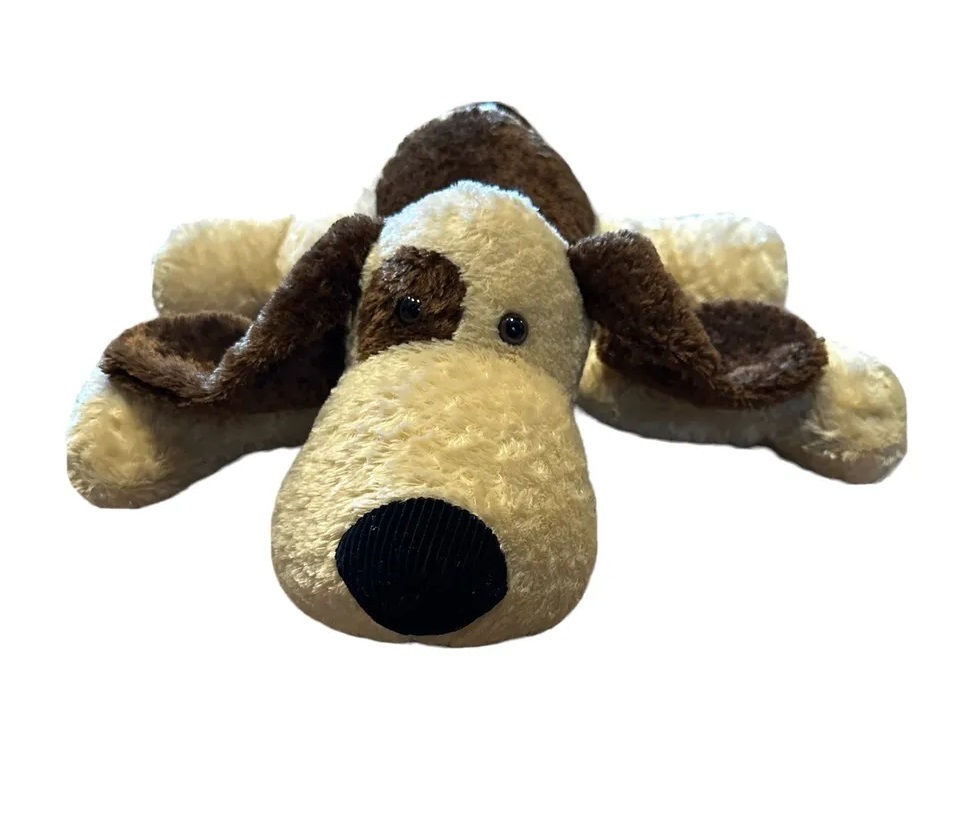
This plush toy dog now named Charlie has been keeping me company at home. He was made by a friend and represents community for me.
~
~
Member: Sara
Project: OrganicLea
Items: Internal communication email/High vis jacket
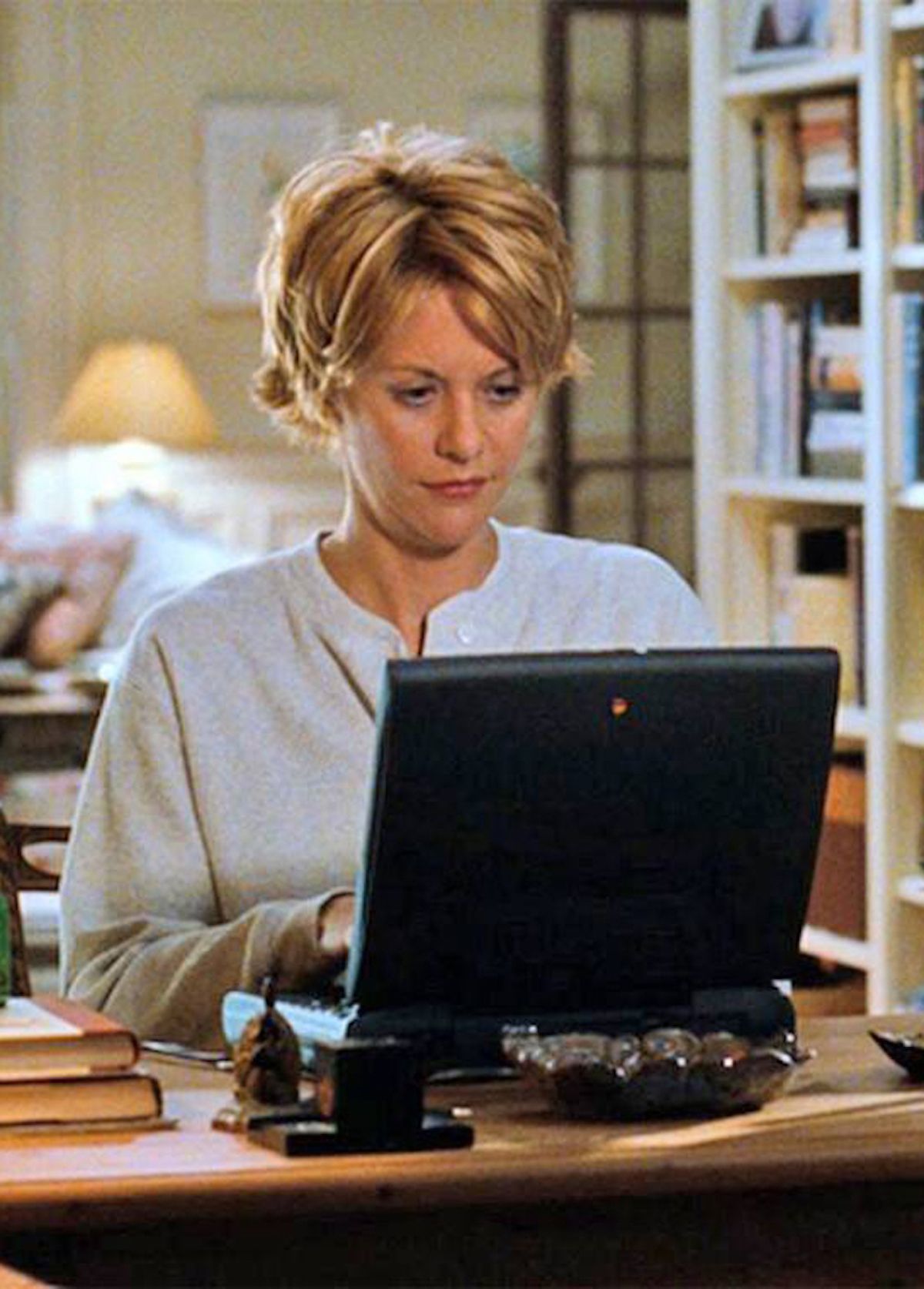
We are a coop of 24 people who haven’t been able to meet and communicate as normal since the pandemic.
Our adaptation has been a weekly email from each team within the coop that gets sent to all members.
This means that everyone is updated on what each team is up to during lockdown, when you might not be able to see each other.
It has been incredibly useful, but also has meant that we know more about what our colleagues are doing than we did before lockdown, and it’s helping the coop connect with each other in different ways. Pre-pandemic we relied on Lunch-time chats and social conversations, to learn about what our colleagues were up to.
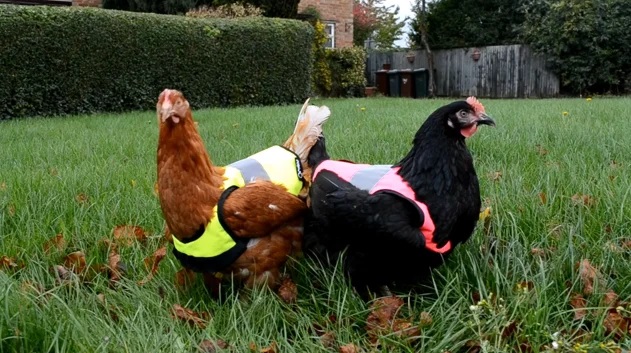
Volunteer numbers have been cut while volunteer days have been increased from 3 to 5 so that we can get a similar amount of work done, whilst spacing people out more.
It’s been working, as we are on time with our planting schedule and growing for our box pack.
The challenge has been in those tasks that require people to work close together… How do you facilitate a space where people feel safe and no one is putting themselves at risk?
Our adaptation has been to create a more structured volunteering program with sign-ups as opposed to drop-ins.
People come in on set days and are seeing the same people each session which reduces the potential risk of spreading the virus to new people.
This high vis vest was introduced and given to volunteers to help identify who can work closer than 2 metres together on the site (ie/ people from the same household). It has given us a visual way of seeing how “physical distancing” is working on site, enabling us to get stuff done whilst keeping people safe.
Member: Helene
Projects: London Freedom Seedbank & Garden of Earthly Delights
Items: Handmade windowsill planter with seed packets and handmade cards
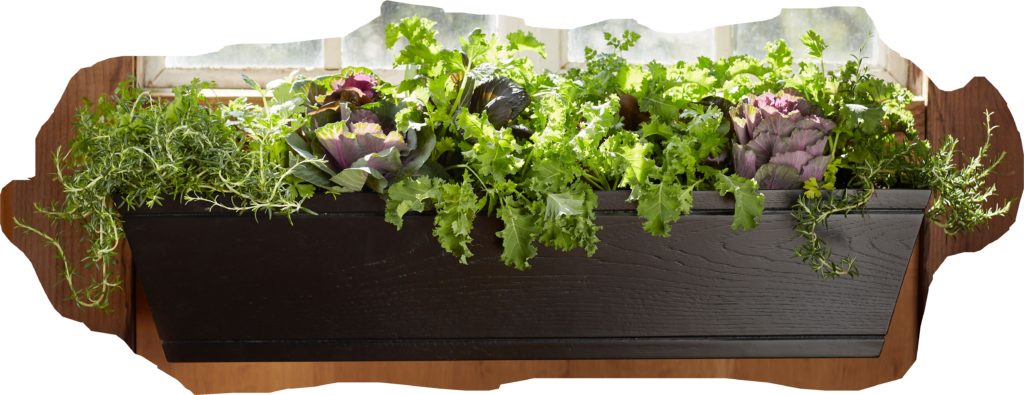
The London Freedom Seed bank experienced a huge surge in demand at the start of the lock down. First our efforts were directed to distributing surplus stock to food growing spaces around London, prioritising projects supporting those experiencing food insecurity.
Seed banks and companies across the country have been overwhelmed this year, perhaps due to a big rise in home growing since the pandemic. This made us very aware of the privilege of being able to grow food and have access to green space in London.
The Garden of Earthly Delights began building and giving out small windowsill planters filled with soil, along with packets of seeds and handmade cards. These were delivered to people’s doors, reaching around 40-50 people.
We knew that this wouldn’t be able to feed people, but we hoped it would help people to feel seen and cared for. Lockdown has been a really difficult time for mental health, and growing can be a really nourishing and healing activity.
In these times, how can we find new ways to connect people with the benefits of growing food and other plants, when access to green space is so scarce?
Member: Mary
Project: Forty Hall Farm
Item: Thermos tea flask
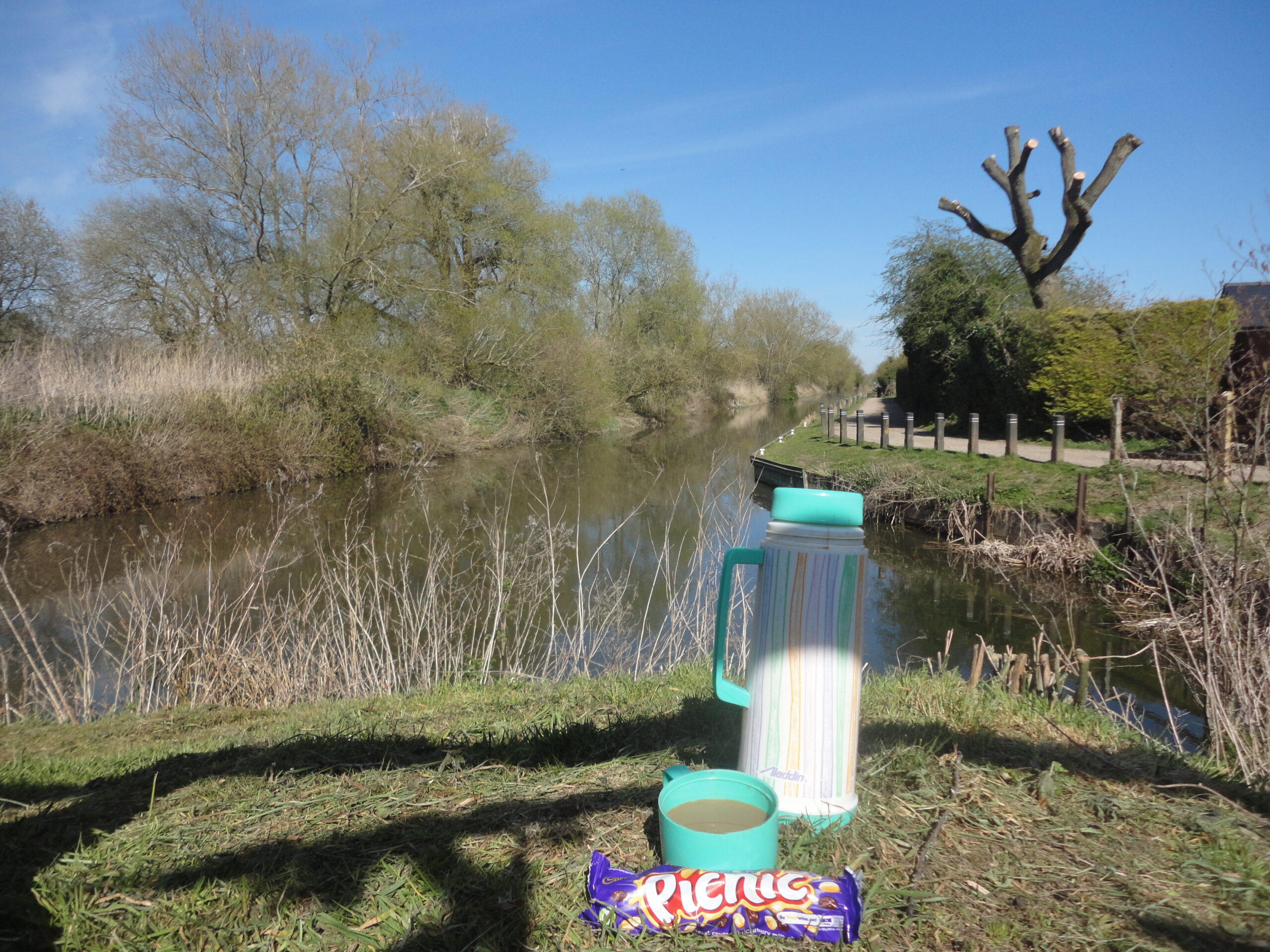
A shift in my childcare situation due to the lockdown has meant that my usual one long contracted day has been split into two half days.
This change has made me aware of the physical struggle of working such long days in the past, and the recovery needed. The shorter days have been brilliant enabling me to put maximum energy into work while at the farm.
During this intense lockdown period, despite the increase in demand for produce, I’ve felt like I have been able to conserve some energy.
The tea flask represents this change, as I fill it in the morning before going to work and it lasts the whole half-day shift until returning home. This has also meant not using facilities at work so avoiding contamination issues.
The tea flask also brings to mind our big group of volunteers, who, pre-pandemic could easily come together during tea breaks to chat and share stories and biscuits. Our volunteer sessions had to stop when the virus hit towards end of March, whilst we figured out how it could it be done safely. It soon became clear that we weren’t going to keep the volunteers away for long, as the farm means a lot to them and they wanted to be there, to be useful and see the work they do continue.
We now have many of the volunteers back, spread throughout the week and working more independently across the farm. They bring in their own tea flasks, avoiding using facilities, and taking physically distanced breaks together.
Unfortunately, those volunteers who benefit more therapeutically haven’t been able to come back yet. It feels important to think about how we can adapt so that more vulnerable volunteers can return. This is an adaptation that is yet to happen.
Member: Rob
Project: None, Quarantining at home
Item: Noticing the changing seasons & basil plant
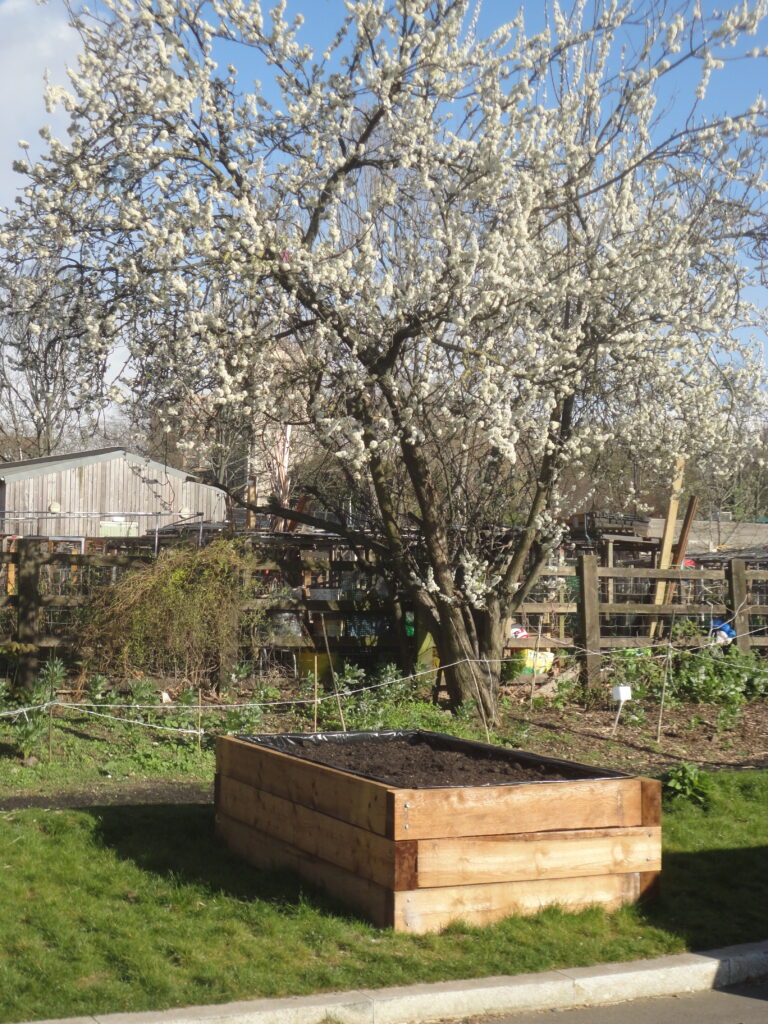
I’ve not been able to do a lot of gardening and am not currently working on a project. Feeling aware that this time of year is usually quite busy and demands lots of energy; running around, seed sowing, making plans, organising volunteer programs etc.
Because of quarantine and working from home, I’ve been able to enjoy watching the seasons turn and noticing every day changing very slowly. Food growing obviously also gives me a connection with the changing seasons, but this feels like a different way of experiencing it. Post lockdown, I’d like to remind myself to make time for noticing the seasonal changes at this time of year. And not to be running around so much that I miss these important shifts.
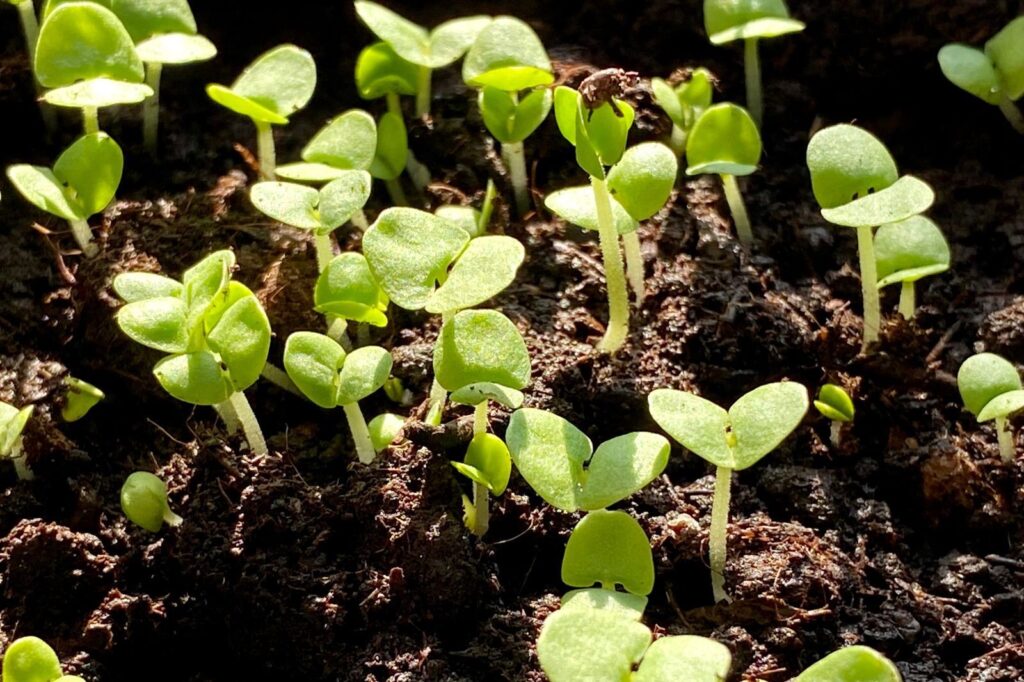
I’ve been growing herbs with my mum and dad, and giving my grandma some plants. It’s been nice to be able to bring home the things I’ve learnt from working on various growing projects, as I haven’t been able to do this much before.
~
~
~
~
~
Member: Beni
Projects: various
Items: Workbook & Number Game Book

The past 3 months has been a time of getting involved with a lot of new projects: part time growing at Wolves Lane for crop drop, part of a group growing on a bit of extra space at Wolves Lane, growing at LG site, and helping Leslie with the box scheme and delivery project at Granville…
It can feel like things are getting too hectic, and I’m always needing my notebook, and always forgetting my notebook! Writing lists can help me to feel a bit more in control.
A crisis like this can unveil cracks in established systems, and it feels hopeful to observe how quickly many of our organisations are adapting in the cracks, responding to the need for change.
I have a sense that this is a time of creativity and adaption, whilst also acknowledging the struggles and challenges of this time. These are creative responses driven by need.
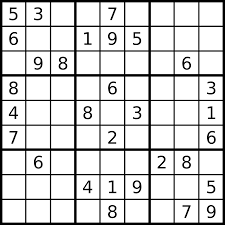
This is one of my coping strategies for when I’m lying in bed at night and my brain is running through to do lists: Watering, purchases, seedlings, things undone!… Number games are a good way to switch my brain off.
~
~
~
~
Member: Jala
Project: Stepney City Farm
Items: Email group & home growing

I was running therapeutic volunteer sessions at Stepney, for people with mild mental health and learning difficulties. Those who are more vulnerable and needing more support cannot come anymore, so we have made an email group to keep people together and connected to the farm. They’ve been emailing twice a week, sharing videos and pictures, e.g. of animals at the farm, nature connection resources and sharing stories. People at home have been sharing what they’re growing and sending drawings of animals.
Alongside this, I’ve also been catching up with people 1-1 on the phone, and people have said that they have been appreciating the emails.
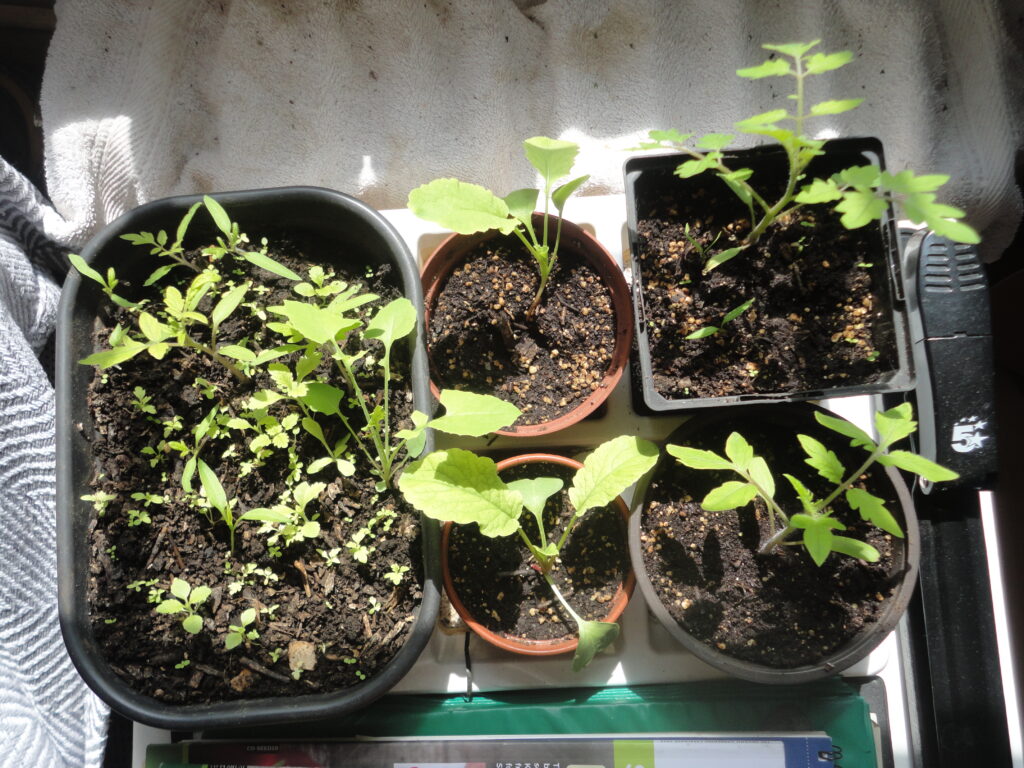
I’ve also been growing food at home for the first time in years and years. It’s been really nice to be able to share this with family.